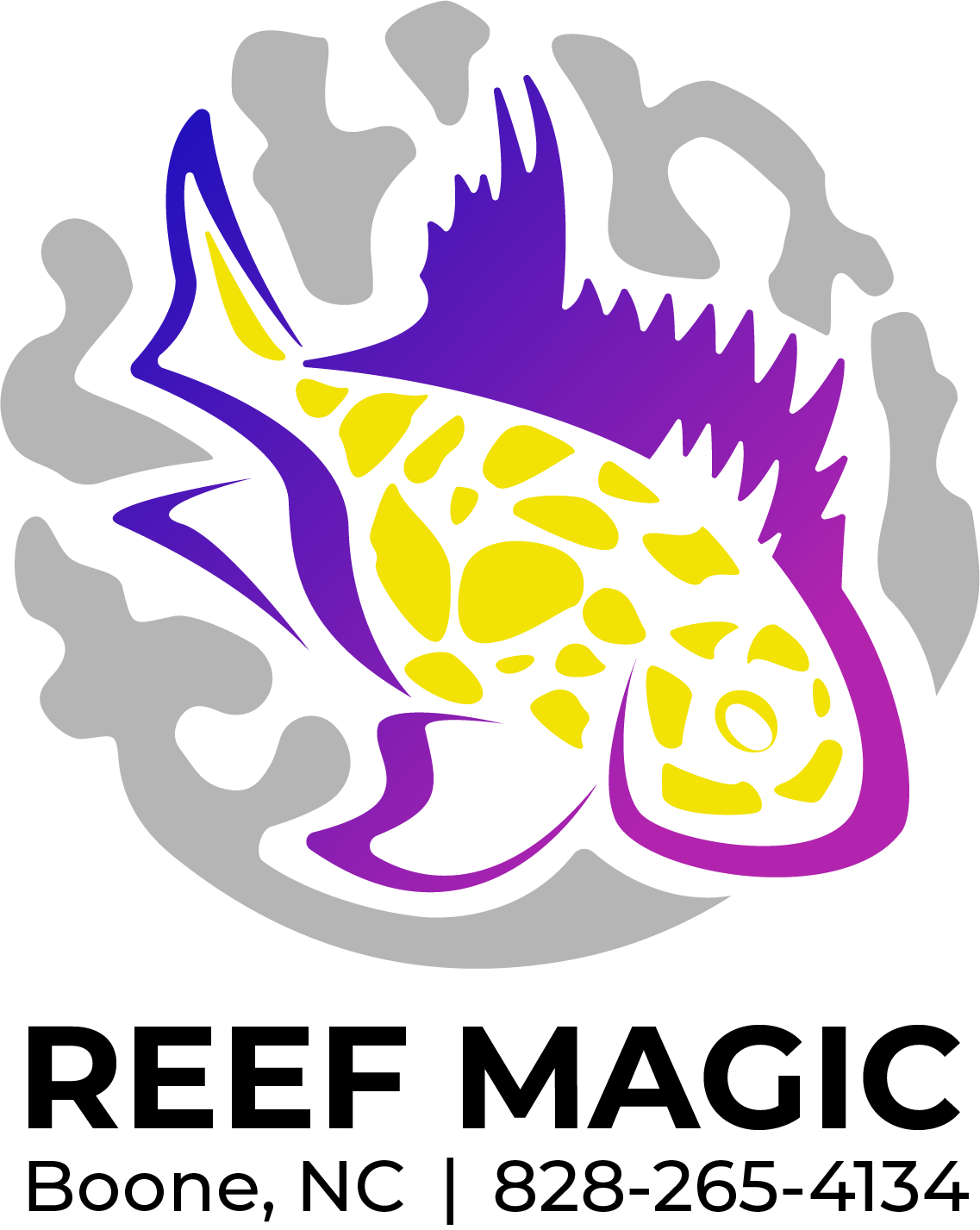 Image 1 of 2
Image 1 of 2

 Image 2 of 2
Image 2 of 2



Urchin- Pencil
Pencil urchins are fascinating marine creatures that can make a unique addition to a saltwater aquarium. Caring for them requires understanding their specific needs and providing the right environment. Here's what you need to know:
1. Tank Requirements:
Size: A minimum of 20 gallons is recommended, but larger tanks are better, especially if you plan to keep more than one or have other tank inhabitants.
Water Parameters:
Temperature: 72-78°F (22-26°C)
Salinity: 1.023-1.025 specific gravity
pH: 8.1-8.4
Ammonia, Nitrite: 0 ppm (should be undetectable)
Nitrate: Below 10 ppm
Substrate: They prefer rocky environments where they can cling and hide. They are not suited for tanks with fine sand as it can be challenging for them to move around.
2. Diet:
Primary Diet: Pencil urchins are omnivores, with a diet that consists mainly of algae, small invertebrates, and detritus. They can graze on algae growing in the tank.
Supplemental Feeding: If algae are scarce, you can supplement their diet with seaweed (nori) or specialized algae wafers. Occasionally, they may also consume small bits of shrimp or fish.
3. Behavior and Compatibility:
Temperament: Pencil urchins are generally peaceful but can be somewhat destructive to corals and other delicate invertebrates, as they may knock things over or eat small corals.
Tankmates: They can coexist with most fish and invertebrates, but avoid placing them with aggressive species or those that may prey on them.
4. Tank Maintenance:
Regular Water Changes: Perform 10-20% water changes every 1-2 weeks to maintain water quality.
Stable Environment: Ensure stable water parameters and avoid sudden changes, as pencil urchins are sensitive to fluctuations.
Algae Control: Monitor algae levels in the tank. Too much or too little can affect their health.
5. Handling:
Caution: Pencil urchins have sharp spines that can cause injury. Handle them with care, using gloves if necessary.
Placement: When placing them in the tank, ensure they are securely positioned in a stable area where they can grip onto the substrate or rocks.
By providing the proper environment and care, pencil urchins can thrive and contribute to the overall health of your aquarium ecosystem.
Pencil urchins are fascinating marine creatures that can make a unique addition to a saltwater aquarium. Caring for them requires understanding their specific needs and providing the right environment. Here's what you need to know:
1. Tank Requirements:
Size: A minimum of 20 gallons is recommended, but larger tanks are better, especially if you plan to keep more than one or have other tank inhabitants.
Water Parameters:
Temperature: 72-78°F (22-26°C)
Salinity: 1.023-1.025 specific gravity
pH: 8.1-8.4
Ammonia, Nitrite: 0 ppm (should be undetectable)
Nitrate: Below 10 ppm
Substrate: They prefer rocky environments where they can cling and hide. They are not suited for tanks with fine sand as it can be challenging for them to move around.
2. Diet:
Primary Diet: Pencil urchins are omnivores, with a diet that consists mainly of algae, small invertebrates, and detritus. They can graze on algae growing in the tank.
Supplemental Feeding: If algae are scarce, you can supplement their diet with seaweed (nori) or specialized algae wafers. Occasionally, they may also consume small bits of shrimp or fish.
3. Behavior and Compatibility:
Temperament: Pencil urchins are generally peaceful but can be somewhat destructive to corals and other delicate invertebrates, as they may knock things over or eat small corals.
Tankmates: They can coexist with most fish and invertebrates, but avoid placing them with aggressive species or those that may prey on them.
4. Tank Maintenance:
Regular Water Changes: Perform 10-20% water changes every 1-2 weeks to maintain water quality.
Stable Environment: Ensure stable water parameters and avoid sudden changes, as pencil urchins are sensitive to fluctuations.
Algae Control: Monitor algae levels in the tank. Too much or too little can affect their health.
5. Handling:
Caution: Pencil urchins have sharp spines that can cause injury. Handle them with care, using gloves if necessary.
Placement: When placing them in the tank, ensure they are securely positioned in a stable area where they can grip onto the substrate or rocks.
By providing the proper environment and care, pencil urchins can thrive and contribute to the overall health of your aquarium ecosystem.





